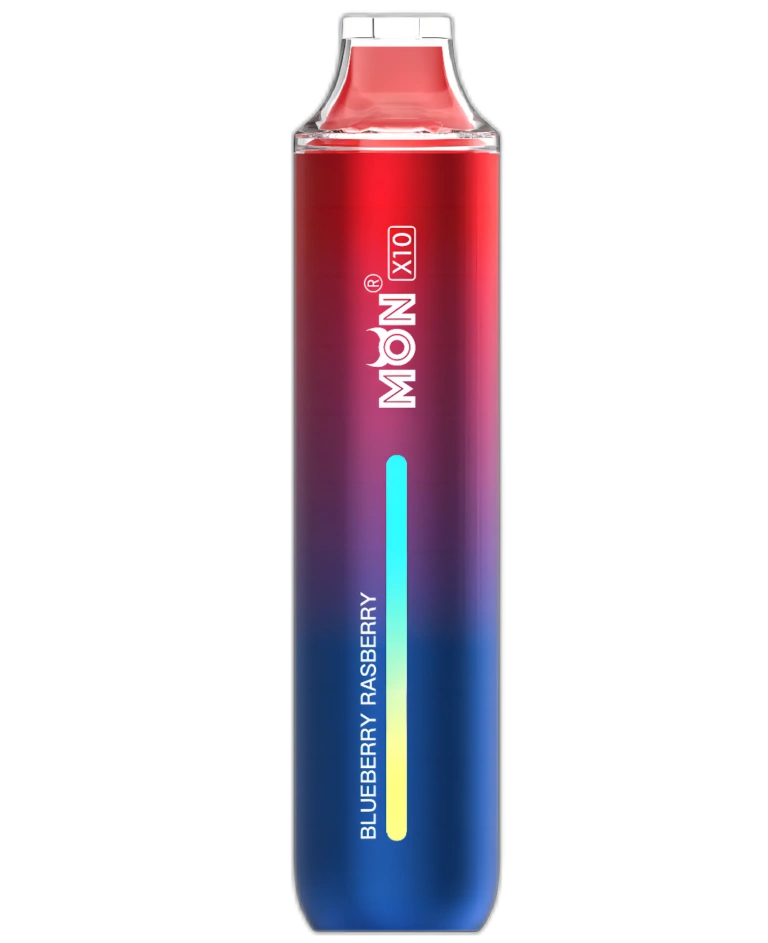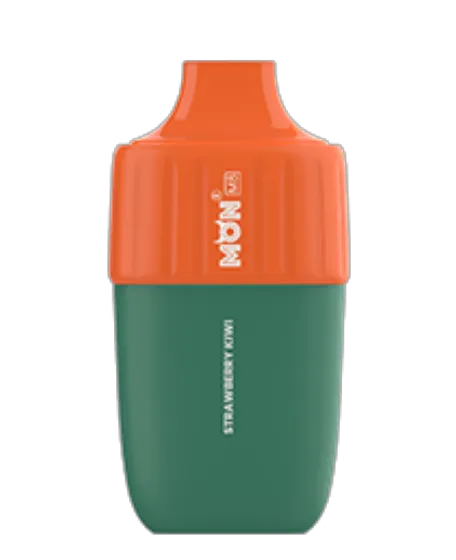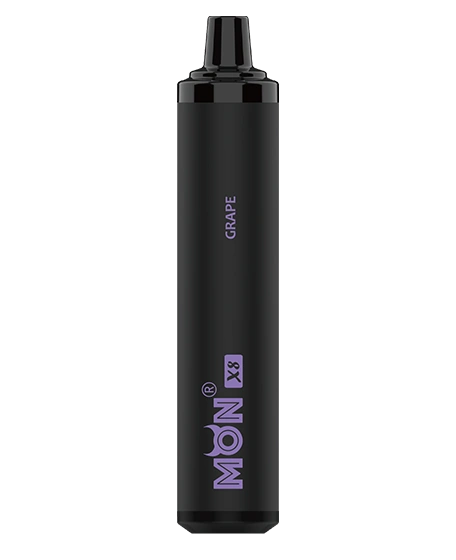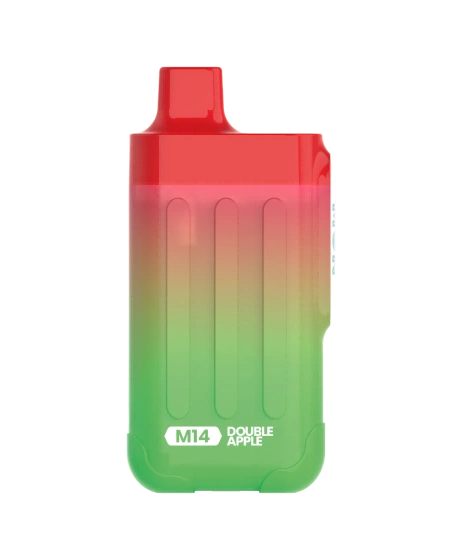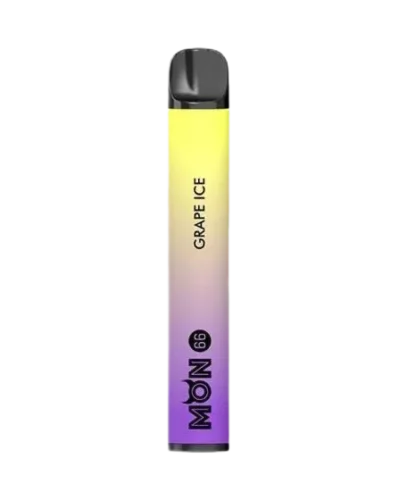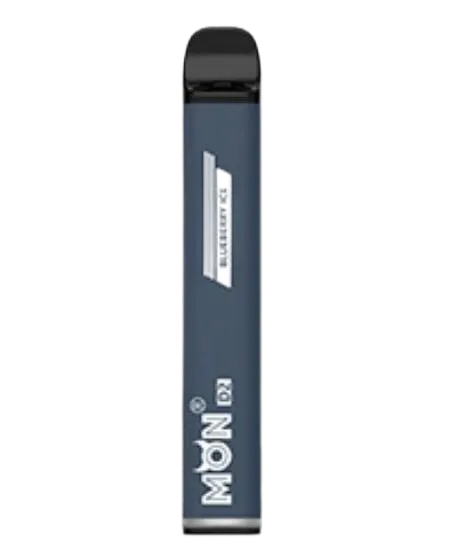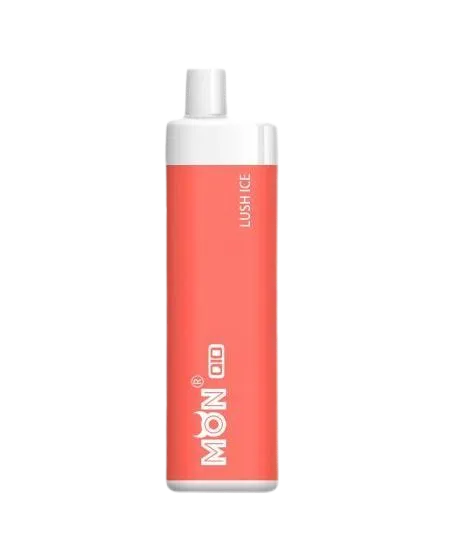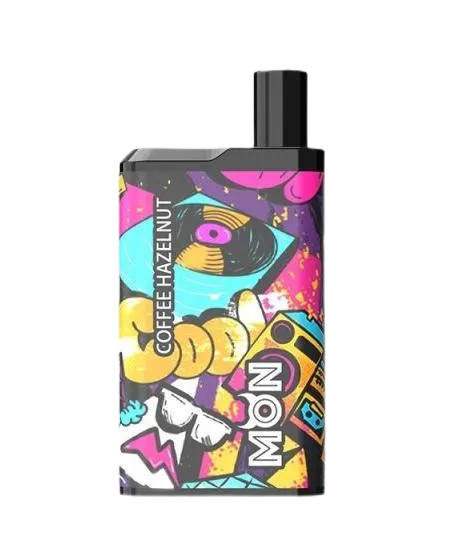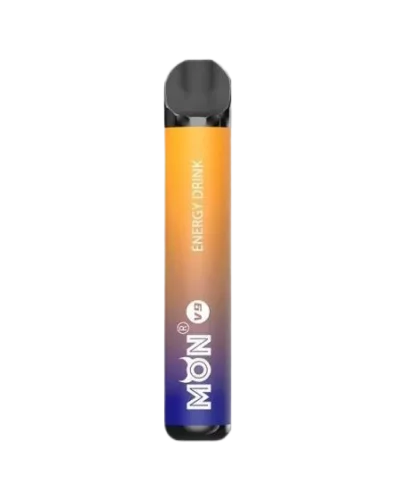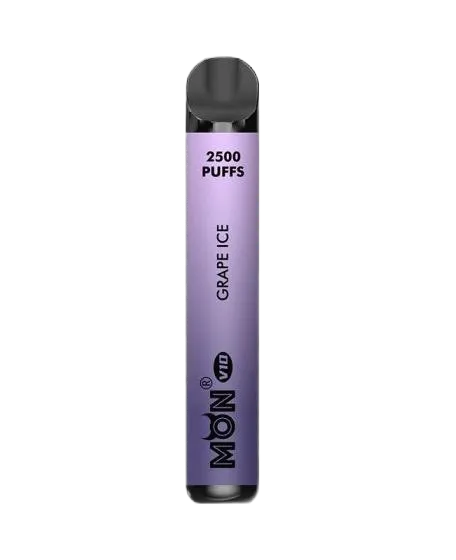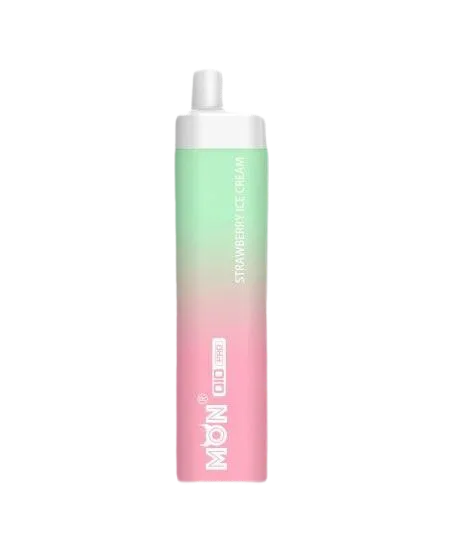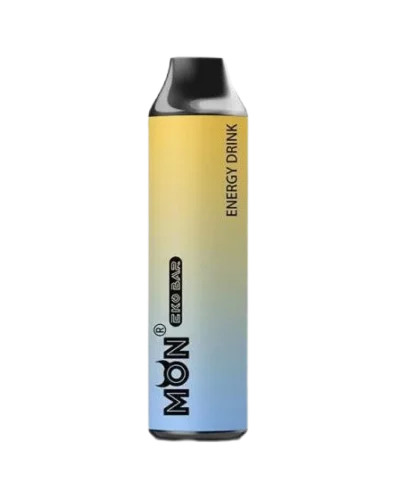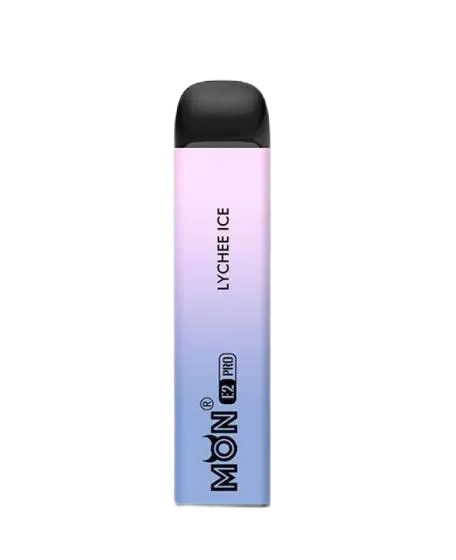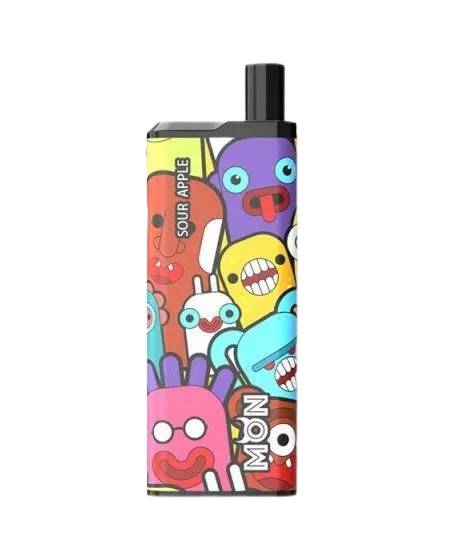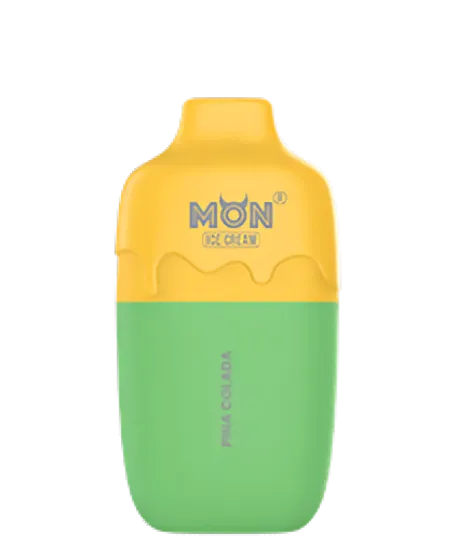his year, it has been observed that whether in the Middle East, Europe, the Americas, Southeast Asia, and more, the development of local brands is deepening competition, and Chinese vape companies venturing into global competition genuinely need to step up their branding efforts.
Recently, attention was drawn to an announcement made by the fund chaired by the King of Saudi Arabia, declaring the establishment of a new company to offer consumers smokeless nicotine products, including Vape. They also plan to sell their products across Saudi Arabia by the end of 2023 to help reduce the smoking rate in the country.
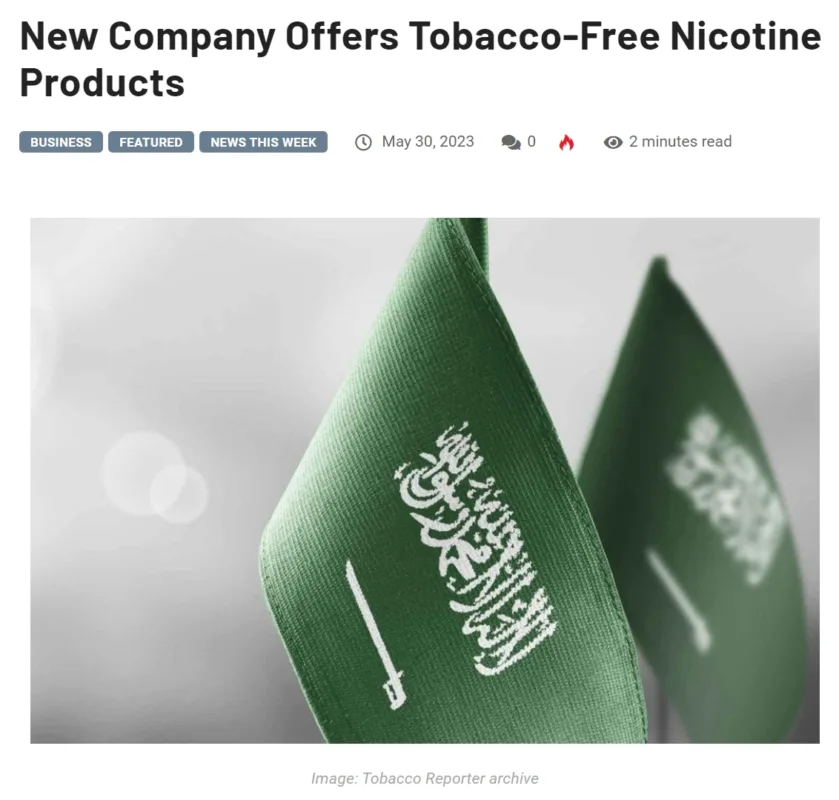
By 2032, Badael products are expected to help nearly 1 million people quit smoking—about 25% of all smokers in Saudi Arabia. By 2023, providing smokeless alternatives could potentially save over $1.59 billion in healthcare expenditures. By 2032, this could directly save over SAR 6 billion annually in healthcare expenses.
Saudi Arabia, meaning “the happy desert” in Arabic, with a population of 35 million, surpassing the 9 million in the United Arab Emirates, is the core vape market in the Middle East and has rapidly developed into one of the most promising regions in the Middle East in the last two years.
The fund investing in Vape (PIF) can be considered one of the largest “patrons” in the Middle East (with assets exceeding $250 billion). It is a state-owned enterprise and the Saudi sovereign wealth fund, “Public Investment Fund,” chaired by Saudi Crown Prince and Prime Minister Mohammed bin Salman. As a massive consortium, it has completed the acquisition of 100% ownership of the UK’s Newcastle United Football Club. This year, it also announced the acquisition of 75% stakes in four major Saudi clubs: Riyadh’s Al-Nassr and Al-Shabab, and Jeddah’s Al-Ittihad and Al-Ahli. Its core investment sectors include communication technology (25.6%), real estate (23.5%), and financial services (23.0%), followed by new energy (12.4%) and metal mining (7.5%). This year, it also announced a joint venture with Foxconn Technology Group to establish a joint venture named Ceer, a brand for electric cars. The brand will receive BMW’s component technology license for car manufacturing.
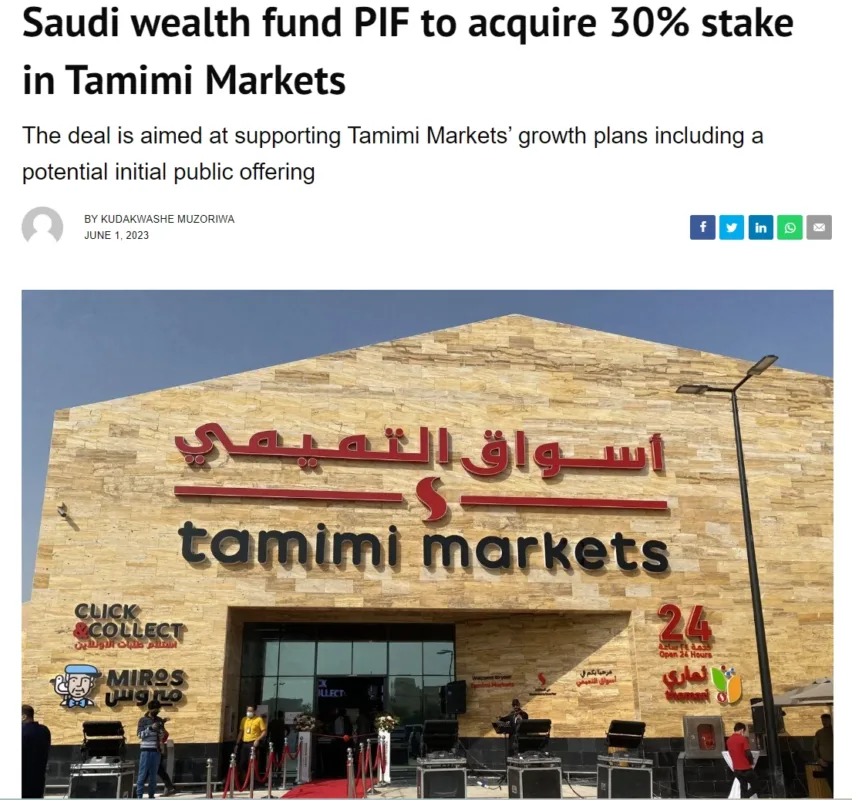
Additionally, PIF’s Managing Director of Consumer Goods and Retail, Majed AlAssaf, mentioned, “PIF is investing in groceries and the food supply chain to ensure a strong presence in the market in Saudi Arabia, allowing the private sector to leverage positive market demand.” The Saudi sovereign wealth fund also holds shares in several companies in the consumer goods and retail industry, including the leading online shopping platform Noon.com and Americana Restaurants International.
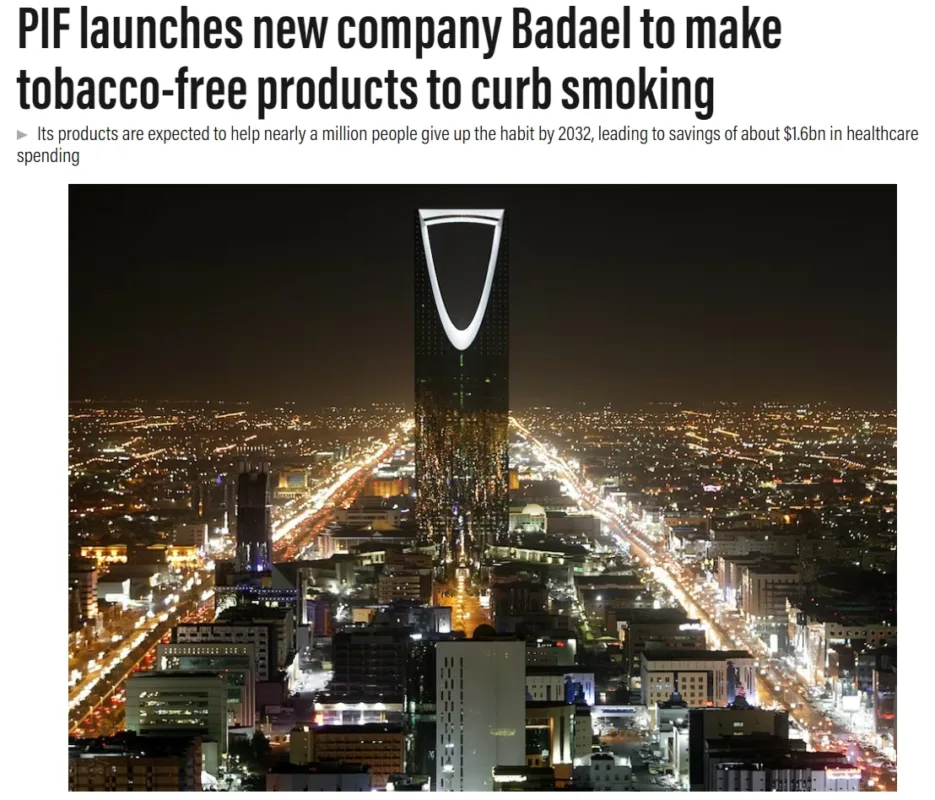
Saudi Arabia has a significant number of smokers. According to official data, the number of smokers in Saudi Arabia is as high as six million, with one-tenth being female smokers.
Fouad Barakat, the General Manager of Yooz Saudi Arabia, also stated, “We expect that the vape market in the Middle East will grow at a rate of nearly 10% until 2024, and Saudi Arabia is the largest market in this region.”
The Dragon City Trading Center in Dubai also indicates that many vapes are distributed to regions like Saudi Arabia.
Looking at Middle Eastern countries, about 23 countries and regions, over 15 million square kilometers, and a population of 490 million, including Saudi Arabia, the United Arab Emirates (seven emirates, Abu Dhabi, Dubai, Sharjah, Ajman, Umm Al-Quwain, Fujairah, and Ras Al Khaimah), Kuwait, Egypt, etc., have become crucial parts of the overseas vape market.
Seizing the emerging vape consumption market, the largest “patron” in the Middle East is also competing for a slice of the vape pie, hoping to achieve “localization” in both manufacturing and sales. What kind of signal is this? It is worth paying attention to.

